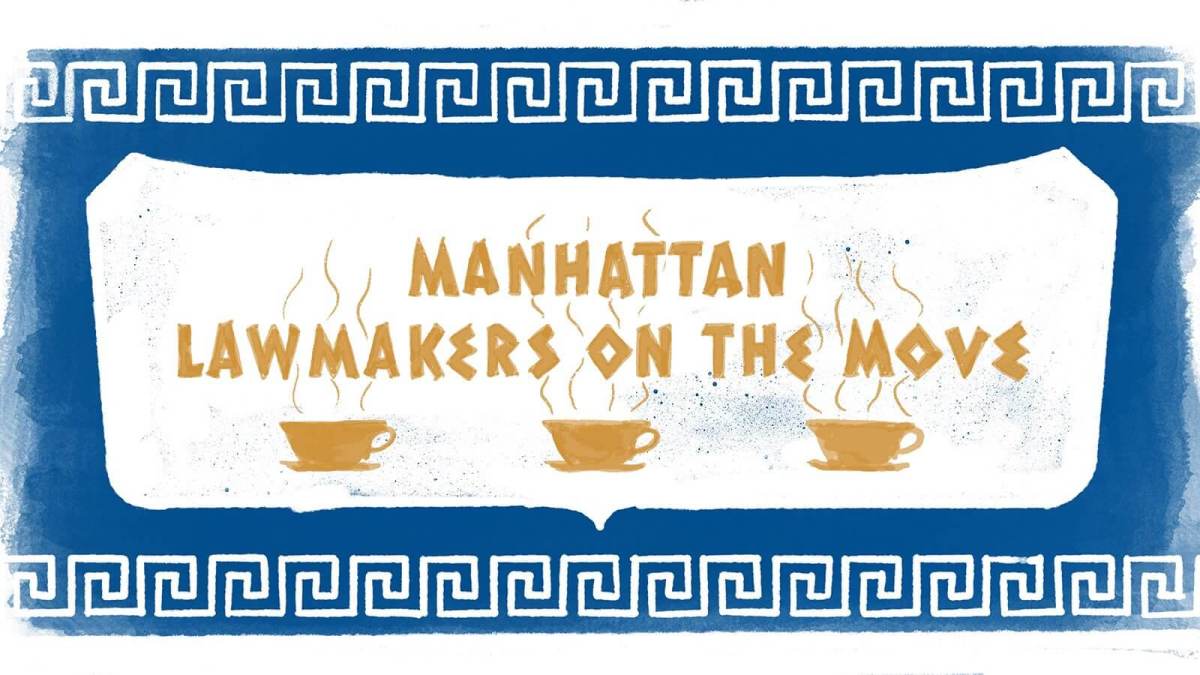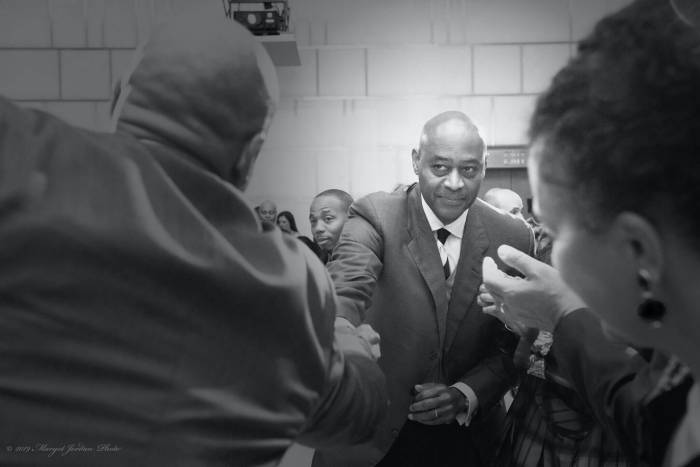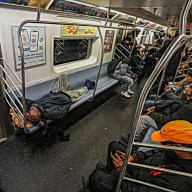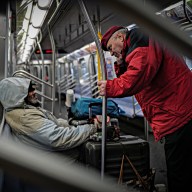Espaillat To Host Census 2020 District Town Hall
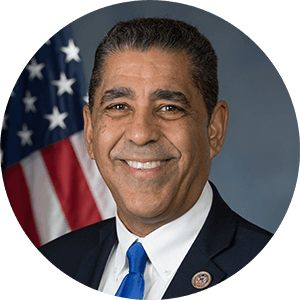
U.S. Rep. Adriano Espaillat (NY-D-Marble Hill, Inwood, Washington Heights, Hamilton Heights, Manhattanville, Morningside Heights, UWS, The Bronx) will host a district town hall discussion on the 2020 Census today.
During the event, Rep. Espaillat will be joined by special guest Julie Menin, Director of the Census for New York City, and city leaders and will provide constituents an overview of the upcoming United States Census.
The U.S. Census, conducted every 10 years, is vital to determining the allocation of more than $900 billion of federal funding. In March 2018, the Commerce Department led by Secretary Wilbur Ross, announced that the upcoming census would include a citizenship question for the first time since 1950. The department officials claim the question will help to enforce the Voting Rights Act.
Since the announcement, many critics and immigrants worry that the information obtained from the question could be used against them which could result in inaccurate data. The lack of accurate census data has many local lawmakers worried about the loss of hundreds of millions of dollars away from programs that support public education, nutrition, healthcare, victims of crime, community development, rehabilitation centers and unemployment insurance, among so many others.
The event is slated for 6 p.m. to 8 p.m., today, May 23, at Serviam Hall, 2848 Bainbridge Avenue in the Bronx.
Hoylman Introduces Bill To Ban Use Of Facial Recognition In Residential Buildings

State Senator Brad Hoylman (D-Clinton/Hell’s Kitchen, Chelsea, Greenwich Village, UWS, Midtown/East Midtown, Columbus Circle, Times Square, Stuyvesant Town-Peter Cooper Village, the East Village, LES) and Assemblymember Latrice Walker (D-Brooklyn) introduced legislation (S5687/ XYZ ) this week to curtail the use of facial recognition software by a landlord on a residential property in New York.
Hoylman and Walker’s legislation would make it illegal for any landlord to obtain, retain, access, or use, on any residential premises, any facial recognition system or information obtained from or by the use of a facial recognition system. The bill would give the Attorney General the authority to seek an injunction or impose a civil penalty for such a violation.
Hoylman’s legislation would also authorize a private right of action for those unlawfully subjected to facial recognition, and require courts to award costs and reasonable attorney’s fees to prevailing plaintiffs.
The introduction of the measure comes just weeks after a group of Brooklyn tenants filed a formal complaint with the state against a landlord trying to install a facial recognition system, claiming racial profiling. The lawmakers argue the technology will only serve to proliferate discrimination against tenants of color as the surveillance technology has historically been used to police and gather evidence against low-income communities of color.
“The use of facial recognition technology in residential buildings represents a new and dangerous breach of New Yorkers’ civil rights and civil liberties—one that lawmakers must move quickly to ban. We already live in a world where our every movement is increasingly monitored, targeted, and analyzed. We don’t need that in our homes as well,” said Hoylman.
Quart, Advocates Demand Better Protections Against Harassment & Discrimination

Assembly member Dan Quart (D-Upper East Side, Midtown East) alongside advocates from across the state rallied together in Albany yesterday to call upon the legislature to expand protections against harassment and discrimination in the workplace.
The coalition of advocates and assembly members pushed for passage of bill A.7083-A, sponsored by Assemblymember Aravella Simotas (D-Queens), that expands protections for employees who want to report wrongdoing by their employers from a number of angles.
The bill eliminates the Faragher/Ellerth defense and removes the requirement that workplace abuse be proved “severe or pervasive” to be significant under the law. It also adds protections to domestic service workers, makes employers liable for harassment and discrimination committed by independent contractors and allows employees to claim punitive damages if they experience workplace harassment.
Overall, the measure would help shift the balance of power in harassment and discrimination proceedings away from bad employers and level the playing field for employees who are often trampled by big corporations or powerful supervisors under our current policies.
“While cultural change occurs at a painfully slow rate, our laws can – and must – change now. Every single person has the right to a workplace free of sexual harassment and discrimination. It’s time to make that right a reality by rewriting the rules, and bringing safety and fairness to every workplace,” said Quart.



